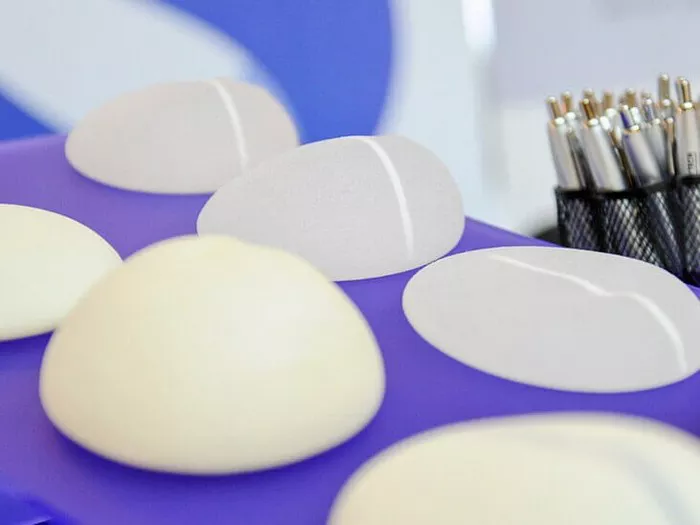Silicone implants have gained popularity over the years as a means to enhance and reshape various parts of the body, particularly in the realm of breast augmentation. While many individuals opt for silicone implants for aesthetic purposes, one question often arises: How long can silicone implants last? This article aims to shed light on the lifespan of silicone implants, the factors that can affect their durability, and important considerations for those contemplating the procedure.
Understanding Silicone Implants
Silicone implants consist of a silicone outer shell filled with a cohesive silicone gel. These implants are used primarily for breast augmentation but can also be employed in reconstructive surgeries following breast cancer treatments or as a means of correcting congenital defects. The gel-filled silicone implants provide a natural look and feel, making them a popular choice among individuals seeking to enhance their physical appearance.
Average Lifespan of Silicone Implants
Silicone implants are designed to be long-lasting, but they are not considered lifetime devices. The lifespan of silicone implants varies from person to person and can be influenced by several factors. On average, silicone implants have an estimated lifespan of 10 to 20 years. However, it is important to note that this is only an approximation, and some implants may last longer, while others may require replacement sooner.
Factors Affecting Longevity
Several factors can impact the lifespan of silicone implants:
Quality of the Implants: The quality of the silicone implants plays a crucial role in their durability. Opting for implants from reputable manufacturers known for their high-quality products can contribute to longer-lasting results.
Implant Placement: The placement of the implants can affect their longevity. Submuscular placement, where the implants are positioned beneath the chest muscle, is believed to exert less pressure on the implants, potentially extending their lifespan compared to subglandular placement.
Postoperative Care: Proper postoperative care is essential for the longevity of silicone implants. Following the surgeon’s instructions regarding physical activity restrictions, avoiding trauma or excessive pressure on the implants, and attending regular check-ups are crucial to monitor the implants’ condition.
Body Changes: Natural changes in the body can also impact the lifespan of silicone implants. Weight fluctuations, pregnancy, breastfeeding, and aging may affect the appearance of the implants over time, potentially necessitating revision surgeries or replacements.
Trauma or Complications: Traumatic events, such as accidents or injuries to the chest area, can compromise the integrity of silicone implants. Additionally, complications like implant rupture, capsular contracture (formation of excessive scar tissue around the implant), or infection can occur and may require implant removal or replacement.
When to Consider Replacement
While silicone implants may not need to be replaced automatically after a specific number of years, routine check-ups with a qualified plastic surgeon are crucial for monitoring their condition. If any complications or changes in the appearance or feel of the implants occur, it is recommended to seek professional advice.
Some signs that may indicate the need for implant replacement include:
Implant Rupture: If a rupture occurs, the affected implant should be replaced promptly. Signs of implant rupture may include breast asymmetry, changes in breast shape, pain, firmness, or lumps.
Capsular Contracture: Excessive scar tissue formation around the implant can cause discomfort, distortion, or hardening of the breast. If capsular contracture progresses and becomes severe, implant removal or replacement may be necessary.
Visible Changes: Changes in the appearance of the implants, such as rippling, wrinkling, or palpable edges, may warrant revision surgery.
Personal Preference: In some cases, individuals may choose to replace their implants for personal reasons, such as desiring a different size or shape, or simply because they feel it is time for an update.
It is important to consult with a qualified plastic surgeon to determine the appropriate course of action if any concerns arise regarding silicone implants.
Conclusion
The lifespan of silicone implants can vary from person to person, but on average, they are expected to last between 10 to 20 years. Several factors, including implant quality, placement, postoperative care, body changes, trauma, and complications, can influence their durability. Regular check-ups with a plastic surgeon are vital to monitor the condition of the implants and address any issues that may arise. Remember, while silicone implants can provide long-lasting results, they are not designed to be permanent fixtures, and individuals should be prepared for the possibility of revision surgeries or replacements in the future.


